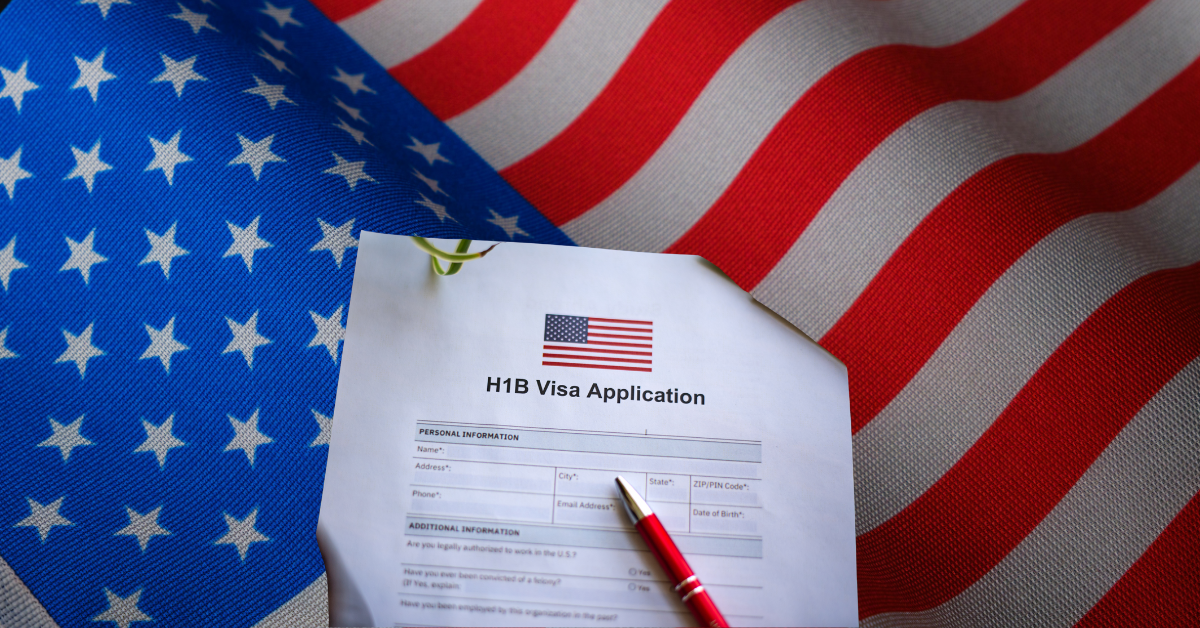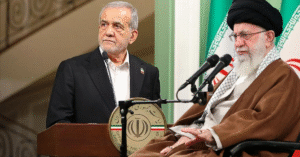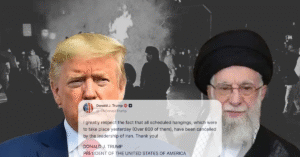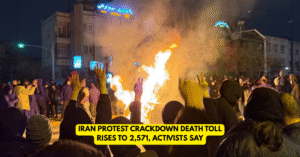Washington — In a dramatic move that could reshape America’s high-skilled immigration landscape, the U.S. government has announced that all new H-1B visa petitions filed on or after September 21, 2025 will be subject to a one-time $100,000 filing fee.
The policy, issued under President Donald Trump’s latest executive order, is being framed as a crackdown on alleged misuse of the H-1B system while signaling a push to prioritize top-tier talent and high-wage workers.
Who Will Be Affected
According to the U.S. Citizenship and Immigration Services (USCIS), the new fee applies only to fresh H-1B petitions submitted after 12:01 AM (ET) on September 21, 2025. The upcoming FY2026 H-1B lottery will fall under this new rule.
The following categories remain unaffected:
- Existing H-1B visa holders.
- Petitions filed before the September 21 cut-off.
- H-1B renewals and extensions.
- Certain returning H-1B holders entering from abroad.
Officials clarified that the fee is not an annual tax but a one-time charge collected at the time of filing a new petition.
Government’s Rationale
In a statement, President Trump argued that the reform will “end the cheap labor loophole” and ensure that U.S. companies hire only the “world’s most exceptional talent.” The administration also hinted at upcoming steps, such as raising wage standards in the program and revising lottery rules to give priority to applicants with advanced skills and higher salaries.
Impact on Businesses and Workers
The announcement has sparked alarm among technology firms, universities, and global talent pools, particularly in India, which remains the largest source of H-1B applicants. Immigration experts warn that the steep fee could deter small and mid-sized firms from sponsoring workers, potentially shrinking opportunities for foreign professionals seeking employment in the U.S.
For Indian IT companies and startups that rely heavily on H-1B workers, the policy is expected to significantly raise operating costs. Many industry leaders are already exploring whether to relocate more jobs offshore to mitigate the financial burden.
What Comes Next
With less than a week to go before the rule takes effect, immigration attorneys are advising applicants and employers to submit any pending petitions before the deadline to avoid the massive fee. Meanwhile, advocacy groups are preparing to challenge the decision in court, calling it “discriminatory” and “damaging to America’s innovation economy.”
As the clock ticks down to September 21, both foreign workers and U.S. employers are bracing for what could be one of the most consequential shifts in the history of the H-1B program.






